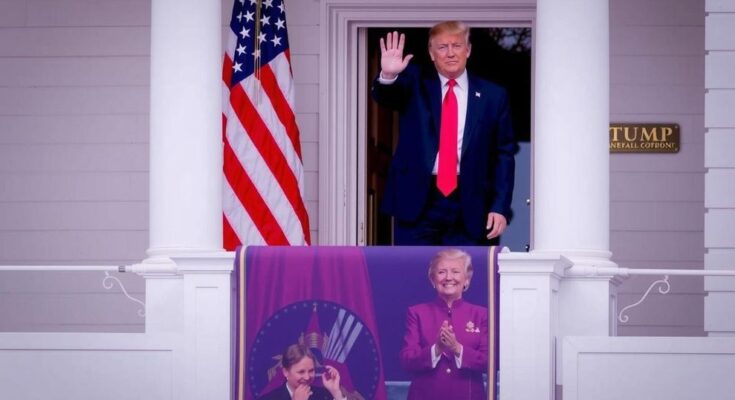Chinese President Xi Jinping is unlikely to attend Trump’s inauguration, with the Chinese Ambassador expected to represent Beijing. The historical absence of foreign leaders at U.S. inaugurations highlights the unique nature of this event. Current tensions in U.S.-China relations are intensified by trade disputes and cyber threats attributed to China.
Chinese President Xi Jinping is unlikely to attend the upcoming presidential inauguration of Donald Trump, despite receiving an invitation, according to sources familiar with the situation. It is reported that the Chinese Ambassador to the United States will be in attendance, along with other officials from Beijing. Historically, no foreign leaders have attended a United States presidential inauguration, with this event typically reserved for domestic dignitaries and officials.
The decision for Xi Jinping to forgo attendance aligns with the ongoing complexities of U.S.-China relations, marked by both praise and criticism from President Trump. Trump has expressed admiration for Xi’s leadership while simultaneously announcing plans to impose significant tariffs on Chinese goods as he takes office. In addition, key appointments within Trump’s administration are known for their critical stance towards the Chinese government, further complicating diplomatic relations.
Moreover, recent intelligence reports have indicated that China was implicated in cyberattacks against major U.S. telecommunications firms, exacerbating tensions between the two countries. As Trump prepares for his inauguration, he has engaged with several foreign leaders, signaling a desire for open dialogue with global counterparts, including those deemed rivals. However, it remains uncertain how this invitation will impact future relations with China.
The context surrounding the anticipated presidential inauguration of Donald Trump includes not only customary participation by national dignitaries but also Trump’s unconventional approach to foreign diplomacy. Despite the historical precedent that forbids foreign leaders from attending such U.S. ceremonies, Trump’s administration has extended invitations to prominent figures, including Xi Jinping. The current geopolitical landscape is characterized by rising tensions, particularly between the U.S. and China, which govern substantial economic and political interests worldwide. The invitation to Xi could signify an attempt by Trump to establish a dialogue with nations perceived as both competitors and adversaries.
In summary, President Xi Jinping is not expected to attend Donald Trump’s inauguration, despite an invitation, exemplifying the complex nature of U.S.-China relations. While the presence of other Chinese officials is anticipated, this situation emphasizes the historical absence of foreign dignitaries at such events. The ongoing dialogues and conflicts between the Trump administration and China’s leadership pose significant implications for international diplomacy going forward.
Original Source: www.bbc.com




